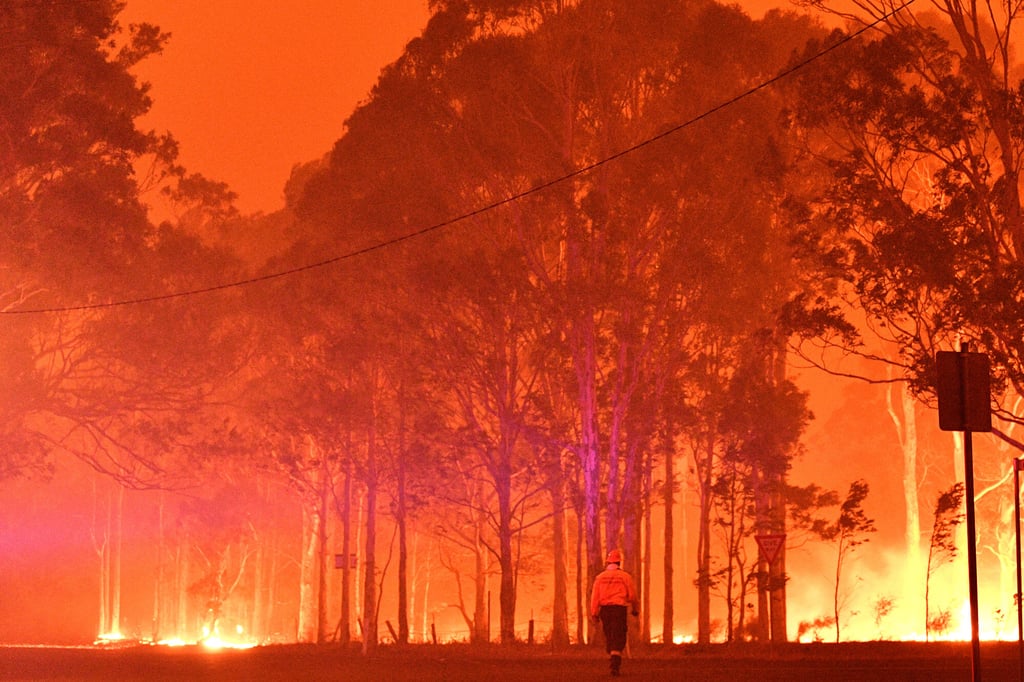Advertisement
Opinion | Net Zero is no solution to climate change. It’s a fantasy for rich countries
- Rich countries are in denial that consumptive lifestyles are the cause of climate change; they turn to questionable market-based mechanisms and quick-fix technologies in a bid to continue with business as usual
- Carbon offsetting, like other market-based approaches, is based on pseudoscience and ignores the root problem. Meanwhile, hi-tech silver bullets are fanciful, abdicate responsibility and may even – paradoxically – increase consumption
Reading Time:8 minutes
Why you can trust SCMP
25

“It is unequivocal”: these are the first three words of the sixth Intergovernmental Panel on Climate Change (IPCC) report.
Advertisement
The experts have never been clearer in describing the existential threat facing humanity. In fact, the World Meteorological Organization recently reported that the number of climate change-induced disasters had increased 500 per cent in the last 50 years, resulting in US$3.64 trillion worth of damage and the loss of 2 million lives.
The unprecedented Australian and Californian bush fires, severe flooding in the United States, China and extreme Indian temperatures confirm that.
Yet the proposed approach to the greatest threat of our time, namely the collective push for carbon neutrality that the International Energy Agency has termed “Net Zero Emissions by 2050 (NZE2050)”, is fundamentally misleading and unachievable. It is simply not a viable global solution.

But before describing the failings of NZE2050, it is necessary to point out that there are partial solutions and that it is important to focus on those that will protect the most vulnerable.
Advertisement
It is thus critical to have a common understanding at the international level that the best way to achieve these objectives and channel money through a global effort is to invest in the rapid development of the well-being of the global majority over the next 30 years.

Advertisement
